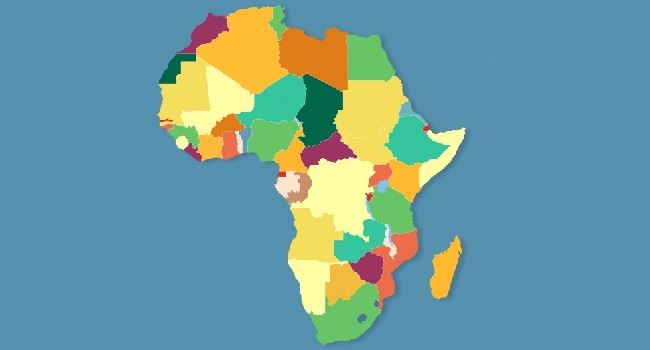News
Nigeria, Egypt, South Africa control over 50% of Africa’s total private wealth

Nigeria has been mentioned in the list of three countries controlling more than half of Africa’s total wealth, with South Africa leading the way.
Henley and Partners, publishers of the report titled the ‘Africa Wealth Report 2022’, said South Africa has a private wealth of $651 billion, followed by Egypt’s $307 and Nigeria’s $228 billion.
In total, the three countries have a total private wealth totalling $1.18 trillion, which represents 56% of Africa’s total wealth of $2.1 trillion, according to the report.
Read also: Africa’s richest man, Dangote’s wealth drops to $18.8bn, lowest in 12 months
In the 4th and 5th positions, respectively, with total private wealth worth of $125 billion and $91 billion, were Morocco and Kenya.
“From a global perspective, South Africa, Nigeria, and Egypt were among the top 15 nationalities in terms of the inquiries Henley & Partners received last year.
“South Africa was in 5th place globally, with the growth of 38% in 2021, Nigeria in 7th place with growth of 15% and Egypt in 14th place with growth of 25%,” Dominic Volek, group head of private clients at Henley & Partners said in the report.
Ghana, however, came in at number 6, with $59 billion in private wealth.
Also, the study showed that in Africa, the highest wealth was recorded in 2012 at $2.4 trillion, while 2017 had the highest number of dollar millionaires at 148,000.
Join the conversation
Support Ripples Nigeria, hold up solutions journalism
Balanced, fearless journalism driven by data comes at huge financial costs.
As a media platform, we hold leadership accountable and will not trade the right to press freedom and free speech for a piece of cake.
If you like what we do, and are ready to uphold solutions journalism, kindly donate to the Ripples Nigeria cause.
Your support would help to ensure that citizens and institutions continue to have free access to credible and reliable information for societal development.






















